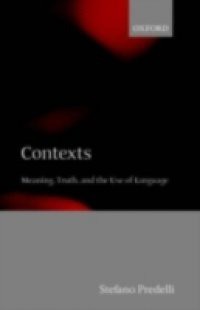Литмир - Электронная Библиотека > Iribarren Isabel (EN) > Durandus of St Pourcain: A Dominican Theologian in the Shadow of Aquinas

| Durandus of St Pourcain: A Dominican Theologian in the Shadow of Aquinas
Чтобы оставить свою оценку и отзывы вам нужно зайти на сайт или зарегистрироваться | |||||||||||||||||||||||||||||||||||||||||||||||||||||||||||||||||

















